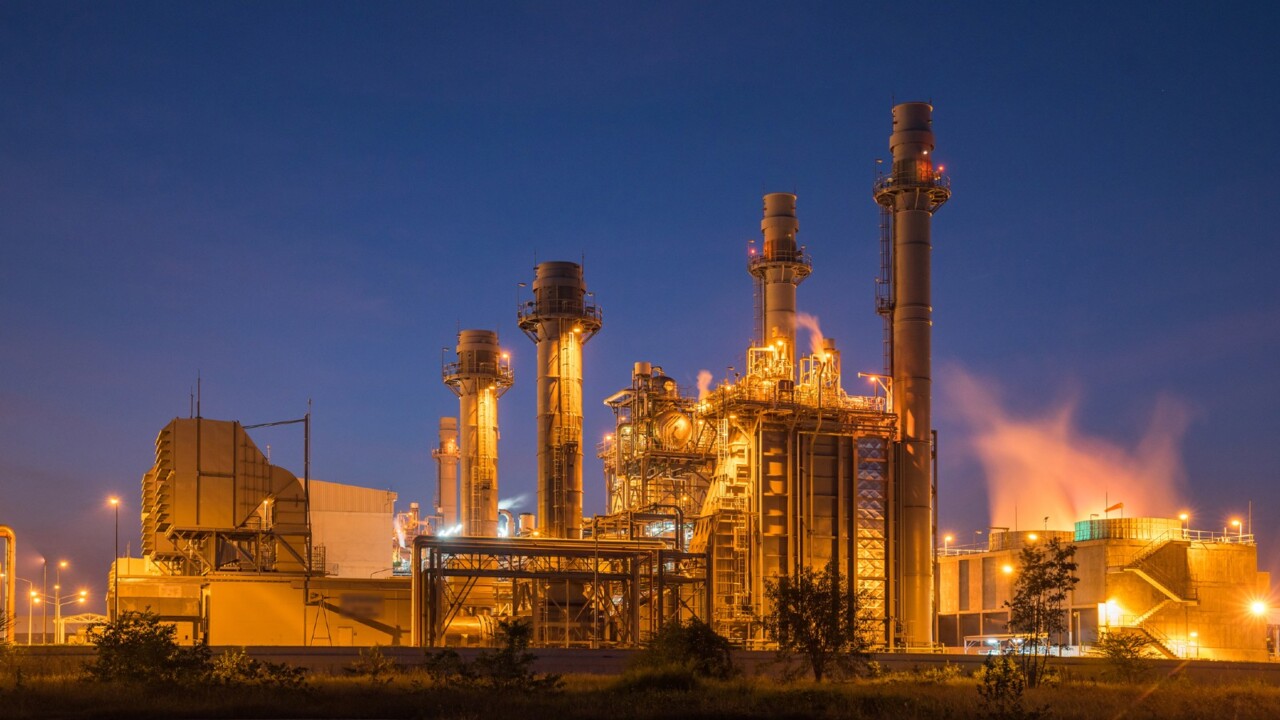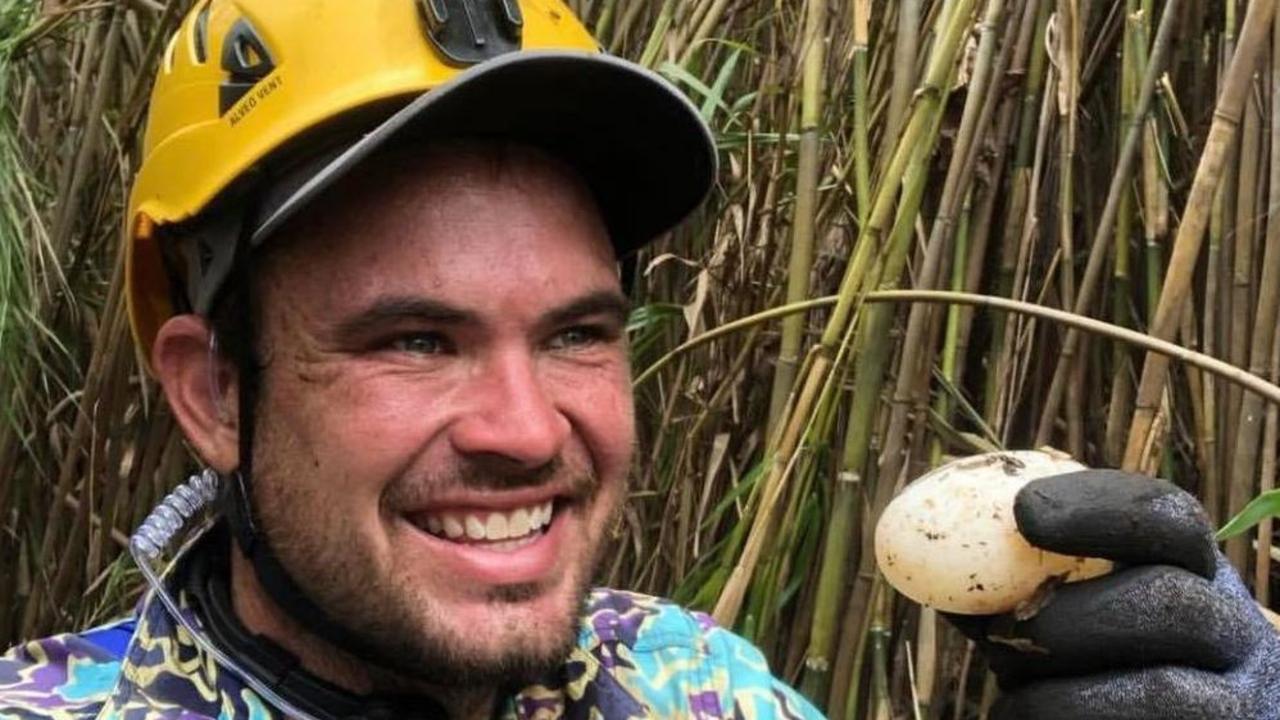DMAW Lawyers warns of greenwashing risk over carbon offsets
Companies are being warned to tread carefully with carbon offsets amid record levels of trading and as regulators clamp down on sham claims.

Business
Don't miss out on the headlines from Business. Followed categories will be added to My News.
Companies are being warned to review their use of carbon offsets amid record levels of trading and as regulators clamp down on sham claims.
The Clean Energy Regulator recently reported that 17.7 million locally generated offsets, known as Australian Carbon Credit Units (ACCUs), were issued in 2022, with new issuances expected to exceed 18 million in this year.
A record 23 million ACCUs were transacted in the secondary market last year, more than triple that of 2021.
The federal government’s Safeguard Mechanism reforms and the supportive outcome of a recent independent review into Australia’s carbon offset program fuelled the interest from companies attempting to meet their emissions reductions targets.
While ACCUs are generally considered to be of relatively high integrity, as reflected in their price, some have questioned the level of carbon abatement in certain ACCU projects.
The recent independent review, led by former Chief Scientist Ian Chubb, found the ACCU scheme was “essentially sound”, but did recommend a number of changes to tighten up governance, improve transparency and enhance confidence in the integrity and effectiveness of the scheme.
Nicole Mead, a senior associate at DMAW Lawyers, said the onus was on companies to do their due diligence before investing in ACCU-registered projects.

“The integrity of these carbon offsets when making environmental claims is essential to avoid the risk of greenwashing,” she said.
“Choosing a provider and projects with strong governance measures can help you to avoid the significant financial penalties associated with sham climate claims.
“While providers and projects with strong governance measures might cost more, this needs to be considered alongside the monetary penalties as well as other risks for misleading or overstated carbon neutrality claims.”
ACCUs, issued by the Clean Energy Regulator, are one of several types of offsets permissible under Australia’s Climate Active scheme, which certifies the environmental credentials of companies and their carbon neutral claims.
Other categories include Certified Emissions Reduction units, which involve investing in sustainable development projects in developing countries.
Ms Mead said non-ACCU offsets came with varying levels of oversight and regulation, and it was important for organisations to consider the risk of purchasing unregulated offsets, the timing of credits becoming available and the use of retirement certificates.
“If the credit will become available at a future point in time, it may delay your ability to realise the benefit immediately and claim you are carbon neutral,” she said.
“The use of retirement certificates prevents ‘double-dipping’ to ensure your carbon credits have been taken off the market and will not be traded or swapped again.
“Importantly, get the language right around when you are carbon neutral, what net zero means and not going beyond what you have a reasonable basis to state. This includes having sufficient evidence to support your claims.”
The risk of getting it wrong, Ms Mead said, was being left exposed to claims of greenwashing - the practice of providing false or misleading information about the environmental performance of a company’s activities which can constitute a breach of Australian Consumer Law.
In February the Australian Securities & Investments Commissions launched its first court action against alleged greenwashing, accusing Mercer of making misleading statements about the sustainable nature and characteristics of some of its superannuation products.
The ACCC is also promising to step up its probe into companies’ environmental claims after a recent survey of 247 businesses found more than half made misleading statements ranging from overstating climate action to developing their own certification schemes.
DMAW recently achieved carbon neutral status through its own purchase of ACCUs, covering projects including environmental plantings in Western Australia and bushfire management in the Northern Territory.
Ms Mead said it followed a thorough due diligence process.




